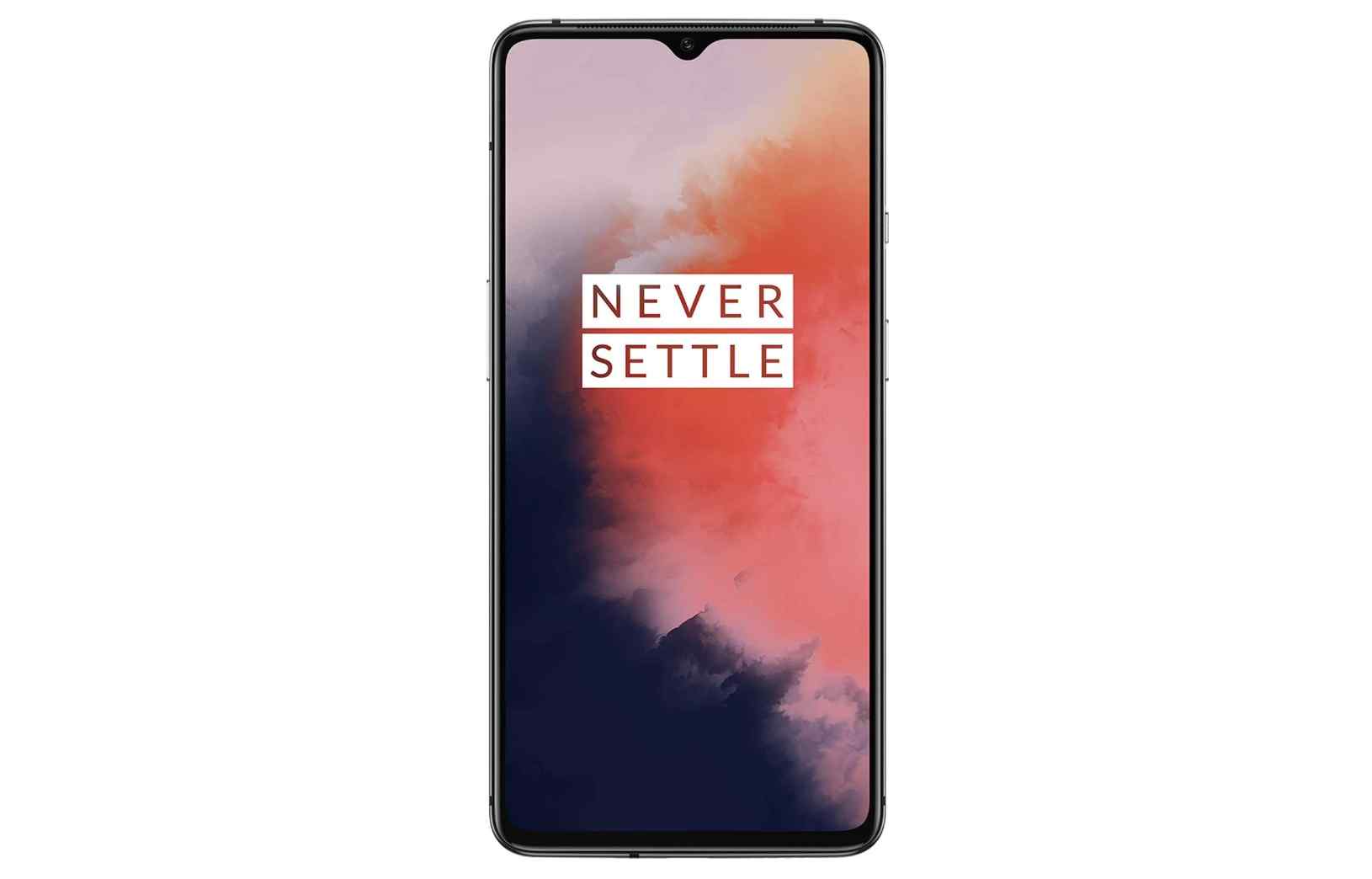Diablo 3 is a popular multiplayer game. In Diablo 3, there are several different methods to provide items to other game players. In the first method, you can drop the particular item down on the ground and make the other game player mouse click on it.
The next option available is to open up your game inventory and drag that item to the other gamer’s inventory. The next and third option available is to use the game’s trade feature, which requires you to be at a joined party with another player.
To effectively trade in the Diablo 3 game, there are several things you should know that are very important. To begin, you have to be part of a group with a minimum of two players. Then, the specific item you choose to trade has to have the same value as the item you are trading for.
Finally, you only have the option to trade items with people who are in the same class as you. Trading is also possible in terms of gold, between your own account and your friends’ accounts; you can send items gold, and even game characters. You can simply go to the game’s main menu, select “Friend,” select the game friend you desire sending something to, then decide what you want to send.
Also Read: How to Play Diablo 3 Offline?
Trading in Diablo 3

In Diablo 3, there are a variety of ways to give items to other players. The first method entails placing the item on the ground and having another player click on it.
The second option is to open your stock and drag the item into the stock of the other person. The trade feature, which requires you to be in a party with another player, is the third option available.
Send Gold in Diablo 3
There are several different methods to provide money in the Diablo 3 game. Right-clicking an NPC & selecting “Trade” is one method. You can also open your game inventory and simply drag gold to the game player you wish to proide it to. To give gold to an NPC, just open your game Inventory and drag it to them.
Also Read: How Many People Play Diablo 2?
Send Mail in Diablo 3
One can also send mail to the other player by going to your game mailbox, choosing the recipient, and typping a message. Sending mail also comes in trading under Diablo 3.
Trade Legendary Items
In the Diablo 3 game, there are various options for trading legendary items, including the game’s auction house and third-party websites. The third option is to trade those items in-game with different players.
Trading Satisfactory Items
In the game Diablo 3, meeting or exceeding any expectations from an individual or organization with whom you are making the deal with is part of the game. It is critical to understand what’s expected and to stick to your promises.
In certain cases, going above & beyond what people expect from you may be necessary to make sure you meet or exceed their expectations.
Also Read: How to Play Diablo 2 for Free?
Sending Gifts Through Trading
There are a few different ways to give gifts to your friends in Diablo 3. Open your Friends List and enter the gift or amount of gold you want to give. Drag and drop the gift from your inventory onto the player’s name as another option. You can also give gold to a player by selecting that player and clicking the “Gift” button.
When players of Diablo 3 try to trade gold with any of their friends, they get the message “Gold Trading is disabled.” The game has been updated to remove this feature. Only yellow, white or blue items that have not been crafted, enchanted, or transmogrified can be traded. These limitations are not new and have existed for quite a while.
Why Is Trading Not Allowed?
In the vast majority of games, trading in-game is prohibited, and resources with monetary value are not allowed to get traded.
The developers explain that this is a defense mechanism that prevent third-party websites from actually trading the resources and in order to improve the overall gaming experience.
Third-party websites could have a fun field day selling those resources for less than the game developers, but these in-game resources are usually obtained by hacking.
However, the process could be made much safer by implementing mechanisms that prevent gamers from trading unless those players have played over a specific number of games together, or by limiting how close friends can be.



